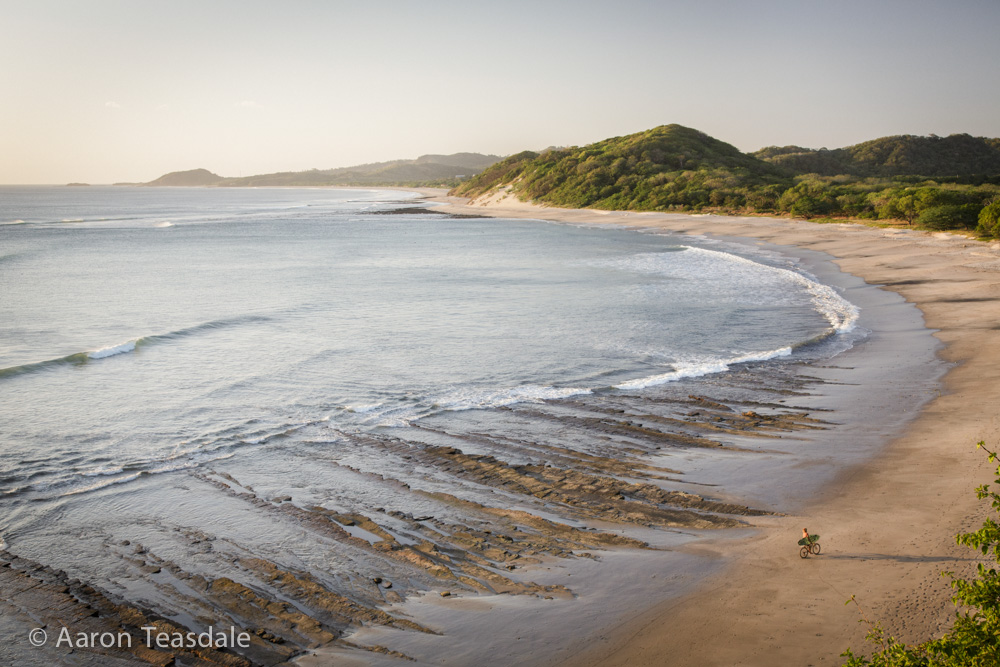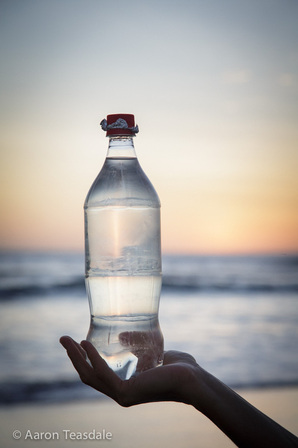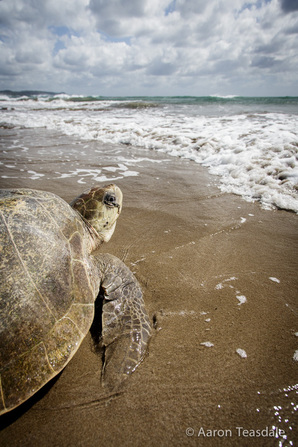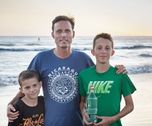People have different definitions of paradise, but they always know it when they find it. When my family and I arrived at the untrammeled beaches of Popoyo, Nicaragua, we’d found ours.
My wife, two sons, and I stayed in other magical places during our nine months in Central America, but we’ll never forget our two weeks in a surf shack on those golden beaches.
I was surfing when Jonah, 11, ran up yelling about sea turtles and poachers. A minute later, our family was gathered around two local men eagerly scooping up the freshly dropped eggs from an olive ridley sea turtle from the beach. After a tense confrontation, we gave the men $20 for the eggs and carefully reburied them in a different location. According to local friends, the eggs hatched about a month later.
Olive ridleys are the most populous sea turtle, but even so, their numbers have dropped 50 percent since the 1960s largely due to habitat loss and illegal poaching.
An estimated 10 percent of all plastic trash ends up in the ocean. This debris is not only unsightly, but when it – and the chemicals it contains – break down over time, it ends up poisoning the water itself. The tiny plastic particles that come from this decomposition known as microplastics pervade our oceans. Ingested by aquatic organisms, they move up the food chain, jeopardizing the health of fish, birds, mammals, and of course, us.
Helping study microplastics through ASC helped my boys understand how our behavior as a species affects even far flung ecosystems. We were glad for the opportunity to give back, in some small way, to our growing knowledge of humanity’s interconnectivity with all of the Earth’s biological systems.
We were also stoked to learn how to surf, because surfing is awesome. We hope our boys and generations of sea turtles will have clean, healthy oceans – and plenty more paradises to discover – for many years to come.
Aaron Teasdale is a Missoula, Montana-based writer and photographer who explores the confluence of wilderness, adventure, indigenous peoples and conservation. Now back in Montana, he jokes that he would have stayed in Central America stayed forever – if they only had skiing. Find more of his work in magazines, websites, his occasionally updated blog, or on Facebook.




